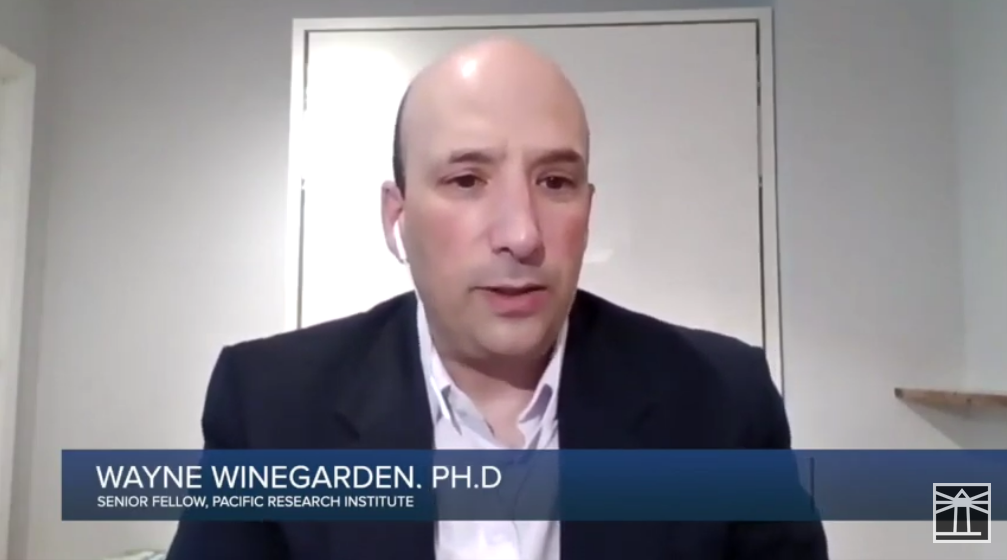Listen to Wayne Winegarden Discuss Coverage Denied Series on PRI’s Next Round Podcast
Listen to the author of a new study discuss how America’s broken third-party healthcare payment system prioritizes government and insurance companies as the largest payers, leaving patients with higher out-of-pocket costs, greater exposure to healthcare financial risk, and reduced access to care. To learn more, read the "Coverage Denied" series from PRI's Center for Medical Economics and Innovation. ...


